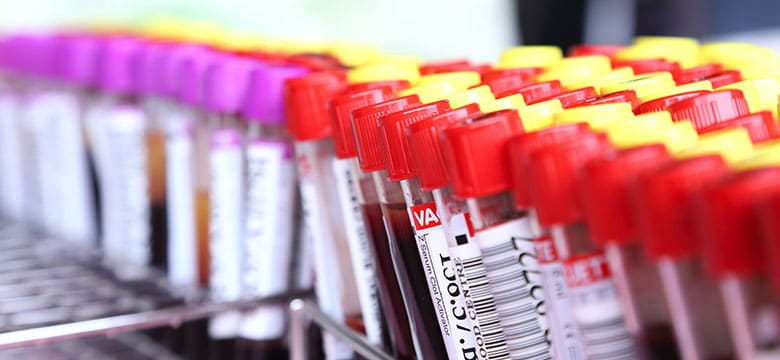
Law enforcement and prosecutors in Texas and across the nation are struggling to deal with the harsh realities of investigating and prosecuting sexual assault cases. Hundreds of thousands of so-called rape kits, containing samples of fabrics, hair, and fluids collected from rape victims, remain untested. As a result, the sampling, storage, and testing procedures often result in the wrong suspect being identified and prosecuted. Authorities are turning to new DNA testing technologies to work through their backlogs.
One such method, Rapid DNA testing, takes two to three hours and can be performed by anyone, whereas traditional DNA testing takes weeks and must be performed by specialized lab technicians. But these new, rapid DNA instruments may not be as reliable, and they are only being used in limited cases by those few jurisdictions that have adopted the technology.
If you have been charged with a sex crime in Houston, your case will likely involve conventional DNA sampling. To learn how you can challenge DNA evidence, call the Law Offices of Ned Barnett today at (713) 904-1066 for a free consultation.
Rapid DNA Testing Has Been Rejected in Houston
Although some local law enforcement agencies are using the technology, the FBI has raised red flags. Specifically, the nation’s premier law enforcement agency does not allow the results of rapid DNA results to be used in its national crime scene DNA database.
This is due to the fact that crime scenes usually contain DNA from multiple people, and rapid DNA testing has not been proven effective in differentiating between multiple DNA sources. This is especially important in rape cases, where fluid, hair, skin, and fabric samples necessarily contain the DNA of at least two individuals.
Rapid DNA testing has been touted as a means of quickly identifying and catching criminal suspects, but in practice, the technology could hinder law enforcement and prosecutors by chasing false hits. To make matters worse, one of the companies offering the new testing devices, ANDE, has been accused of inflating the abilities of its technology and using questionable practices to get the results it needs to get government contracts.
For example, ANDE was involved in a pilot program to test rape kits in Houston. But the city shut the program down after discovering that ANDE employees had been receiving additional samples from hospital employees–without the knowledge of local police, prosecutors, victims, or the city’s crime lab, the Houston Forensic Science Center.
When the Texas Forensic Science Commission discovered this deceptive practice, which involved an unprecedented departure from proper procedures for handling crime scene evidence, they canceled the pilot program.
Rapid DNA Testing Is Still Gaining Traction
Outside of Houston, Rapid DNA testing is proving to be a popular law enforcement tool. In California, the Orange County District Attorney’s Office has prosecuted approximately 80 burglary suspects since 2015 who were identified through rapid testing. But in these cases rapid testing was only used samples containing a large amount of a single source of DNA, such as a broken window with blood on it, or a cigarette butt. The Arizona Department of Public Safety uses rapid DNA testing too, but it refuses to use the devices in sexual assault cases.
For now, only the Kentucky State Police has used Rapid DNA testing in a sexual assault case. Earlier this year, samples collected from one victim in Louisville were analyzed in a matter of hours and the police soon had a DNA profile. They arrested a suspect who is now facing sexual assault charges. But so far, no judge has ever allowed rapid DNA test results to be used in court. Prosecutors must still rely on the results from conventional testing to prove the identity of a defendant at trial.
Since ANDE was removed from the Houston rape testing program, it’s unclear when or if the technology will be used in Harris county criminal prosecutions. But it’s likely that rapid DNA testing will keep getting more accurate and less expensive. This will make it a more attractive option for law enforcement and prosecutors. The real question is whether judges will ever allow this evidence to be used in their courtrooms, and for now, no legal case has raised the issue.
A Houston Sex Crime Lawyer Can Defend Your Rights
At the Law Offices of Ned Barnett, we closely monitor any developments that could potentially relate to our clients’ cases. We remain concerned that new technologies such as rapid DNA testing represent an effort to expedite criminal prosecutions, and that accurately identifying the suspect is of secondary concern to many local and state officials.
If you have been accused of a sex crime in Harris County, we can help. Call us today at (713) 904-1066 for a free and confidential consultation.